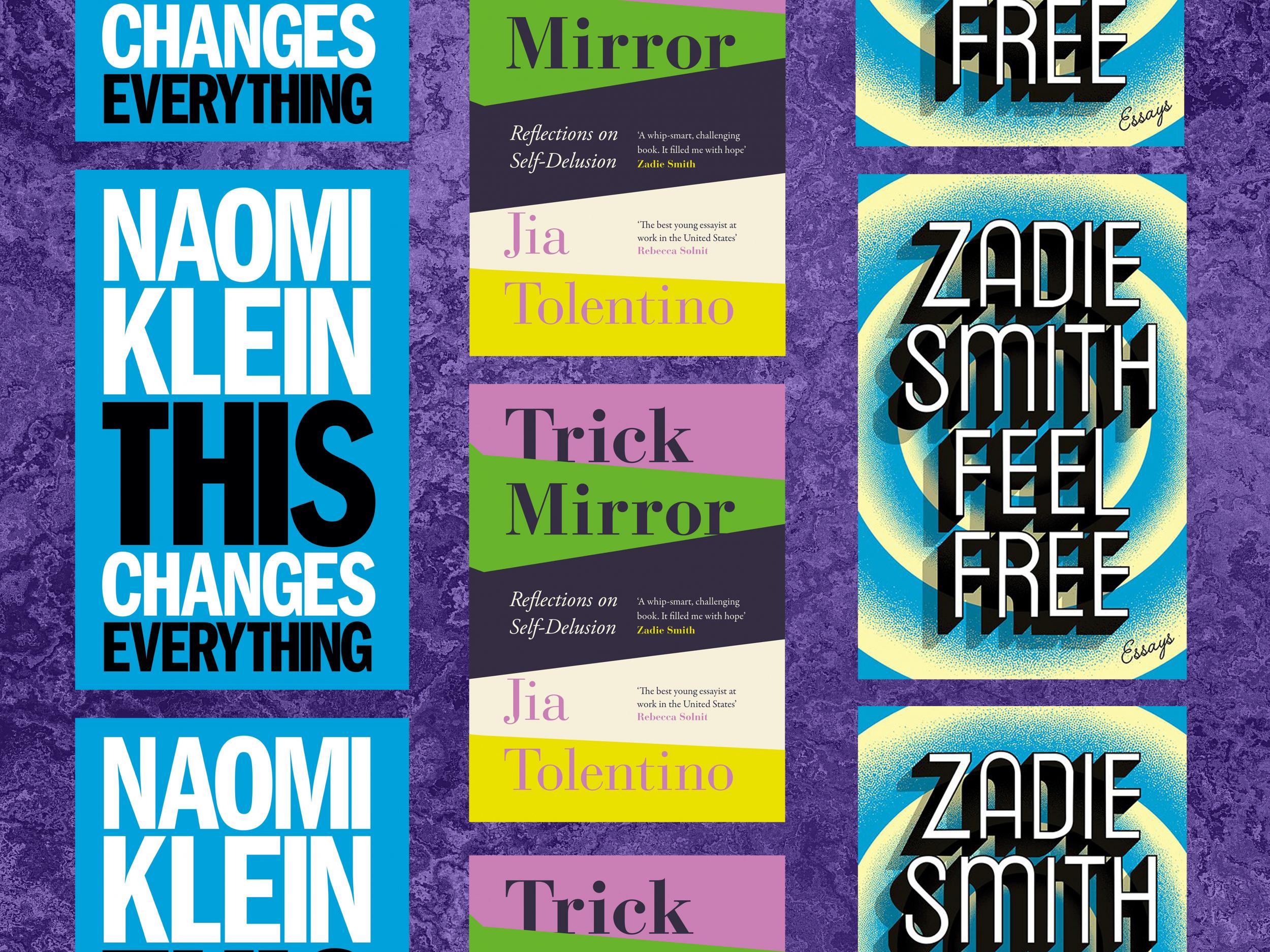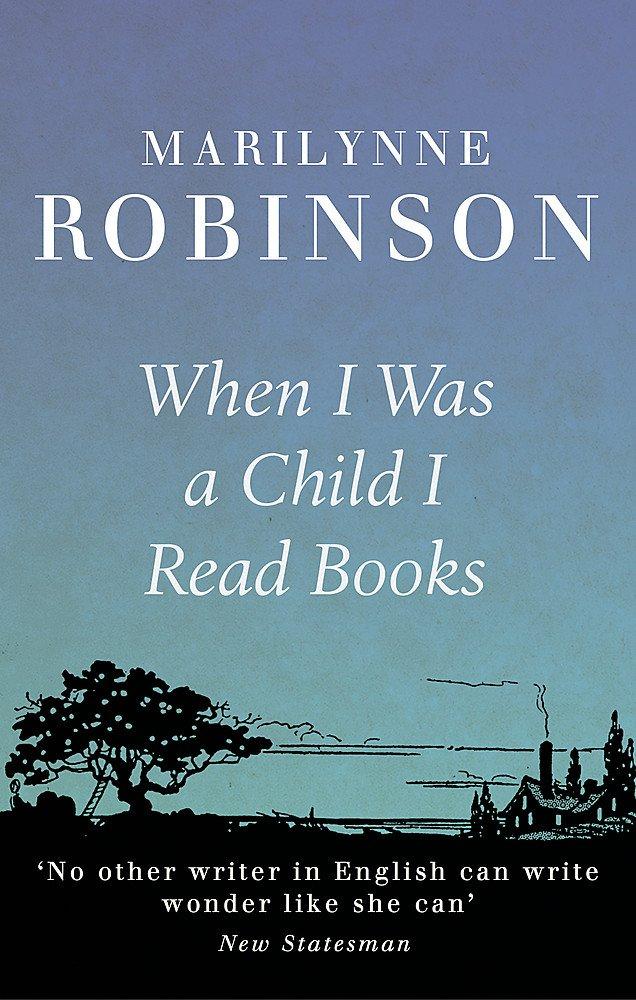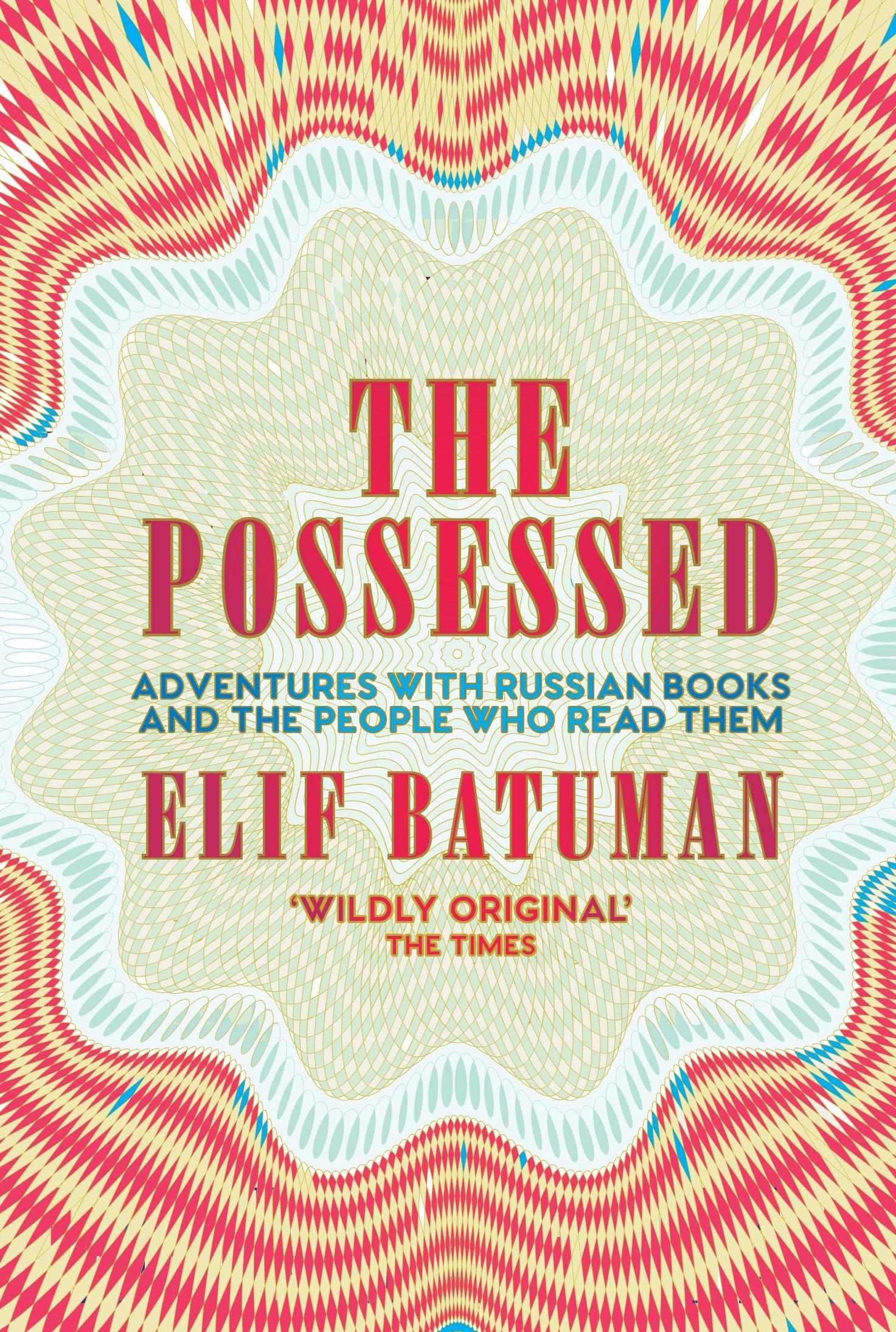The decade’s best essay collections, from Zadie Smith to Jia Tolentino
Incisive and exacting, these collections make light work of untangling the last 10 years, writes Annabel Nugent


Your support helps us to tell the story
From reproductive rights to climate change to Big Tech, The Independent is on the ground when the story is developing. Whether it's investigating the financials of Elon Musk's pro-Trump PAC or producing our latest documentary, 'The A Word', which shines a light on the American women fighting for reproductive rights, we know how important it is to parse out the facts from the messaging.
At such a critical moment in US history, we need reporters on the ground. Your donation allows us to keep sending journalists to speak to both sides of the story.
The Independent is trusted by Americans across the entire political spectrum. And unlike many other quality news outlets, we choose not to lock Americans out of our reporting and analysis with paywalls. We believe quality journalism should be available to everyone, paid for by those who can afford it.
Your support makes all the difference.Between the climate crisis, Brexit and the launch of winter Love Island, it is easy to feel caught in an existential spiderweb, waiting for anxiety (or the onset of World War Three, whichever comes first) to consume you.
But some writers are making light work of untangling the last 10 years. Incisive and exacting, their essays tackle the big and the small – meme culture, Dostoyevsky, Bieber pandemonium, race politics, and the climate crisis are made comprehensible in their hands. These are the essay collections that make any resolution to “read more nonfiction” infinitely more enjoyable.
Trick Mirror by Jia Tolentino (2019)
Jia Tolentino rebuffs critics’ claims that she’s the voice of a generation, but after reading Trick Mirror, any other title seems to fall short. The New Yorker staff writer is most astute when deciphering her home ground – the internet. Her best essays talk double-tapping automaton, monetisation and surveillance, and hardcore fans begging their favourite celebrities to kill them. For anyone simultaneously disillusioned and addicted to the perils of modern life, Tolentino’s words will strike a chord.
White Girls by Hilton Als (2013)
Hilton Als cut his teeth on theatre reviews (earning him a Pulitzer Prize in 2017), but the writer’s talents are anything but narrow. Race, class and sexuality coalesce in a collection of essays that opens up American culture for prying eyes. Als writes equally well on Eminem and porn as he does queerness and love. Flannery O’Connor, Michael Jackson and Truman Capote all feature in this politically astute, moving collection.
See What Can be Done by Lorrie Moore (2018)
The title borrows from a phrase that Moore’s editor at The New York Review would use when editing her fiction. See What Can be Done does not simply despair at the state of today, but mines that despair to find some way forward. The master of short stories writes expectedly well on fellow literary greats such as Margaret Atwood, Miranda July and Philip Roth. More surprising is her poetic wrestling with subjects like Barack Obama, HBO’s True Detective and the Republican primary debate. Each chapter offers up enormous wisdom far beyond its bite-sized proportions.
Pulphead by John Jeremiah Sullivan (2011)
John Jeremiah Sullivan takes a scalpel to pop culture and history in Pulphead. Incisive prose on everything from Christian Rock festivals in the Ozarks to Bunny Wailer with vigour and humanity. The son of a reporter and an English teacher, Sullivan writes prose with the qualities of storytelling and the grounding of in-depth research.
Absolutely on Music by Haruki Murakami (2011)
The Japanese author is known for surrealist fiction and running ultra-marathons, but here, he sits down instead with friend and former conductor of the Boston Symphony Orchestra, Seiji Ozawa. What ensues is an enthusiastic and unpretentious discussion on their shared love for classical music. Their metiers are in perfect sync – boring industry topics like mundane bureaucracies and performer personalities are transformed by Murakami’s deft hand. While the subject may be esoteric, its appeal is definitely not.‘

When I Was a Child I Read Books: Essays by Marilynne Robinson (2012)
The list of books by Marilynne Robinson is upsettingly short, but every brilliant word she writes makes up for the scarcity. Robinson’s prose takes on a more exacting frankness in her nonfiction than in her Gilead trilogy. Essays on society and theology sound like a drag, but in this collection they are anything but. The Christian core of her Pulitzer prize-winning fiction comes through more visibly in these essays, but similarly does not have the alienating effect you would expect.
Feel Free by Zadie Smith (2018)
Razor-sharp essays take a long, hard look at topics both large – think intelligent takes on Bieber fever – and very, very small, as in the author’s childhood bathroom. As the title suggests, each essay explores the concept of freedom in all its meanings, but most are concerned with the artistic kind and the act of taking it, whether it’s given to you or not. Smith’s writing is casual and discursive but never rambling. Feel Free champions art as a place where freedom allows for complex issues to be safely explored.
The Possessed: Adventures with Russian Books and the People Who Read Them by Elif Batuman (2010)
Elif Batuman makes Russian literature fun. An unapologetic nerd for Dostoyevsky and Tolstoy, Batuman’s book is likely to be the best thing that’s happened to the genre in modern times. The Possessed is a biblio-memoir of sorts, tracking the author’s time spent studying Russian lit at Stanford. The New Yorker staff writer fires on all cylinders in a collection of essays more about reading as a way of life than the idiosyncrasies of The Idiot.

All About Love: New Visions by bell hooks (2010)
In this collection, bell hooks moves deftly between affection, respect, commitment, gender stereotypes, domination, ego and aggression. With the help of psychological and philosophical ideas, the author pins down the airiness of love in a ruthless dissection, moments of ecstasy offset by brooding on patriarchal thinking. This collection paves the way for a more universal understanding of love.
This Young Monster by Charlie Fox (2017)
The last decade has birthed monsters of the good, bad and ugly varieties. In his debut novel, art critic Charlie Fox writes on modern monstrosity. In nine essays, Fox pays tribute to the art world’s outsiders. His subjects are diverse, taking on the 19th century poet Rimbaud as impressively as he grapples with The Duffer Brothers’ Stranger Things. This Young Monster is a love letter to those who “rebel against a reality that’s too cruel or boring for them to inhabit”. Fox’s voice is equal parts critical and personal, and always playful.
This Changes Everything: Capitalism v the Climate by Naomi Klein (2014)
Naomi Klein takes no prisoners in this polemic book on climate change. Klein makes a damning argument against powerful right-wing think tanks, lobby groups and corporate elites that have dictated catastrophic environmental policies and contributed to widespread climate change denial. Klein’s writing is forthright in its condemnation of capitalism. This Changes Everything is an urgent read and one that couldn’t be more pertinent than it is today – or tomorrow, and all the days after that.
Join our commenting forum
Join thought-provoking conversations, follow other Independent readers and see their replies
Comments